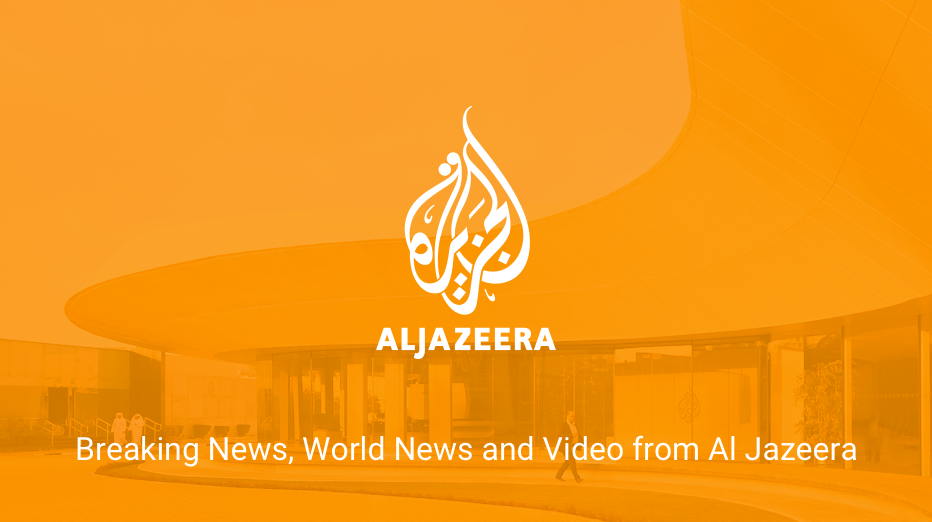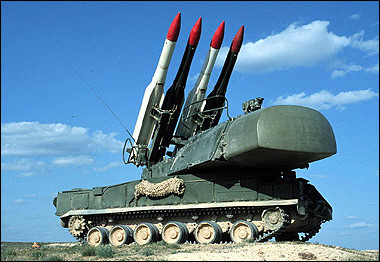Re: Consequences Of Attacking Iran And Why Tehran Is Not Worried

Tehran controls the socio-political situation on the ground in Iraq today. Any future attack upon Iran by American forces will be answered swiftly by a massive uprising of armed Shiites within southern Iraq and Baghdad. A 'Hizbollah' style gaurilla force in Iraq, with direct intentions of fighting Americans forces, can theoretically force the entire American force to retreat within a matter of several months. In addition to having control of the majority of Iraq's population, Tehran also controls the strategic military situation of the stand-off as well.
Iran has heavily armed the Straits of Hormuz with thousands of anti-ship missiles, large caliber artillery, rocket-launchers and aircrafts of all sorts. What most people fail to realize is that approximately 40% of the world's crude oil comes through the Straits of Hormuz, and Iran is fully capable of stoping all maritime traffic on command, thereby, drastically effecting the global economy. Moreover, Iranian forces can also successfully target all American/coalition military bases and Saudi Arabian oil fields within the region with its large missile arsenal.
In essence, American and coalition warships within the Persian Gulf are sitting ducks. The occupiers have, in essence, become occupied, and the US Naval high command is begining to fully realize its bleak prospects in the region. As the Hizbollah showed not too long ago, the Iranian military today can deploy various missile systems that can hit US Naval vessels within the region with near impunity. Imagine the political repercussions the sinking of a US Naval aircraft carrier will have within the homefront. Push comes to shove, Iran can also hit Israel's nuclear powerplant at the Dimona facility.
On the political front, Iran is being helped by Russia and China within the United Nations and Tehran has a vital life line to the north open through the Republic of Armenia. What's more, more-and-more Arabs are begining to view Iran as the last front against American and Israeli aggression within the region. And finally, the recent war in Lebanon turned out to be a victory for Iran on many levels. Foremost, it showed war planners in Washingotn DC and Tel Aviv that Iranian military technology today, derived from Russia and China, is fully capable of defeating the best weapons systems American and Israeli forces have. Needless to say, any attack on Iran will be a disaster for the region. Many ignorant folk today speak of the relative easy in which Iraq was defeated in 1991 and again in 2003, and suggest that Iran will be more-or-less the same.
Iran's military today is quite advanced and capable. After the collapse of their military after the fall of the Iranian Shah, Iran has built their armed forces from scratch, and for the past ten-fifteen years they have invested hundreds of billions of their oil dollars on their military technology and re-organization. Unlike Iraq in 1983, Iran has their nuclear sites, along with their sensitive military command-and-control locations, spread out underground within hundreds if not thousands of undisclosed sites. Unlike Iraq, Iran deployes very sophisticated anti-aricraft missle systems. Unlike Iraq, Iran is much larger geographically, much larger demographically, and much more rugged. Unlike Iraq, Iran is not an isolated nation. Also, unlike Iraq, Iran is prepared for an eventual strike, they are actually expecting it.
Seymour Hersh may very well be correct, perhaps the Lebanon war was indeed a dry run for the upcoming war against Iran.
Control of the Strait of Hormuz will be vital in the upcoming war against Iran.

Tehran controls the socio-political situation on the ground in Iraq today. Any future attack upon Iran by American forces will be answered swiftly by a massive uprising of armed Shiites within southern Iraq and Baghdad. A 'Hizbollah' style gaurilla force in Iraq, with direct intentions of fighting Americans forces, can theoretically force the entire American force to retreat within a matter of several months. In addition to having control of the majority of Iraq's population, Tehran also controls the strategic military situation of the stand-off as well.
Iran has heavily armed the Straits of Hormuz with thousands of anti-ship missiles, large caliber artillery, rocket-launchers and aircrafts of all sorts. What most people fail to realize is that approximately 40% of the world's crude oil comes through the Straits of Hormuz, and Iran is fully capable of stoping all maritime traffic on command, thereby, drastically effecting the global economy. Moreover, Iranian forces can also successfully target all American/coalition military bases and Saudi Arabian oil fields within the region with its large missile arsenal.
In essence, American and coalition warships within the Persian Gulf are sitting ducks. The occupiers have, in essence, become occupied, and the US Naval high command is begining to fully realize its bleak prospects in the region. As the Hizbollah showed not too long ago, the Iranian military today can deploy various missile systems that can hit US Naval vessels within the region with near impunity. Imagine the political repercussions the sinking of a US Naval aircraft carrier will have within the homefront. Push comes to shove, Iran can also hit Israel's nuclear powerplant at the Dimona facility.
On the political front, Iran is being helped by Russia and China within the United Nations and Tehran has a vital life line to the north open through the Republic of Armenia. What's more, more-and-more Arabs are begining to view Iran as the last front against American and Israeli aggression within the region. And finally, the recent war in Lebanon turned out to be a victory for Iran on many levels. Foremost, it showed war planners in Washingotn DC and Tel Aviv that Iranian military technology today, derived from Russia and China, is fully capable of defeating the best weapons systems American and Israeli forces have. Needless to say, any attack on Iran will be a disaster for the region. Many ignorant folk today speak of the relative easy in which Iraq was defeated in 1991 and again in 2003, and suggest that Iran will be more-or-less the same.
Iran's military today is quite advanced and capable. After the collapse of their military after the fall of the Iranian Shah, Iran has built their armed forces from scratch, and for the past ten-fifteen years they have invested hundreds of billions of their oil dollars on their military technology and re-organization. Unlike Iraq in 1983, Iran has their nuclear sites, along with their sensitive military command-and-control locations, spread out underground within hundreds if not thousands of undisclosed sites. Unlike Iraq, Iran deployes very sophisticated anti-aricraft missle systems. Unlike Iraq, Iran is much larger geographically, much larger demographically, and much more rugged. Unlike Iraq, Iran is not an isolated nation. Also, unlike Iraq, Iran is prepared for an eventual strike, they are actually expecting it.
Seymour Hersh may very well be correct, perhaps the Lebanon war was indeed a dry run for the upcoming war against Iran.












Comment